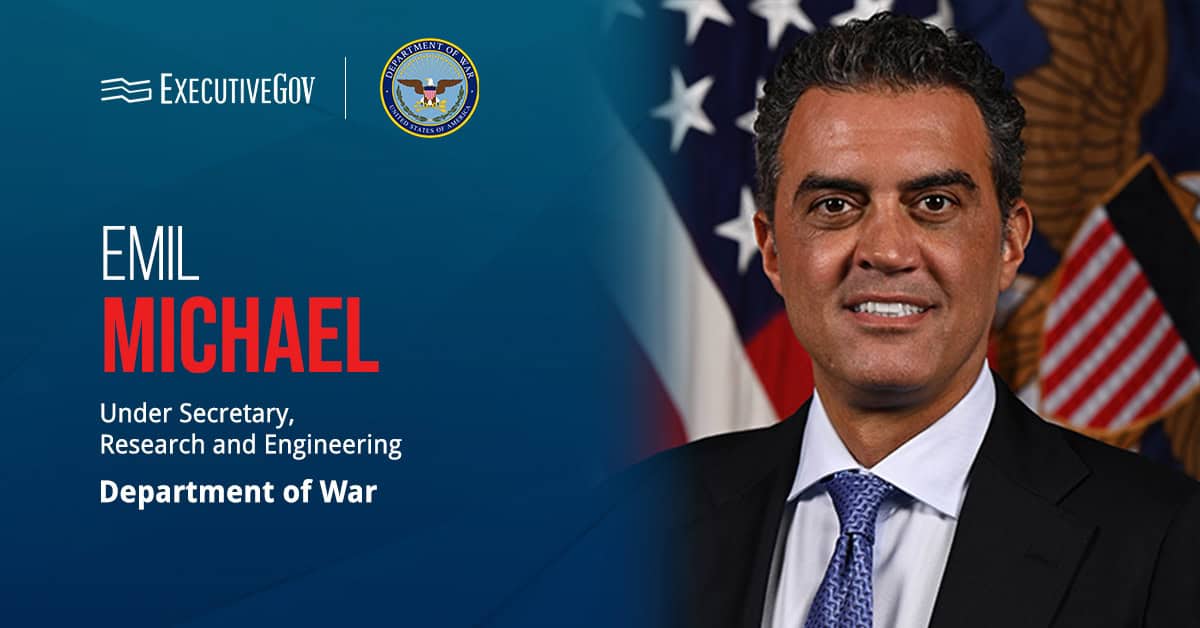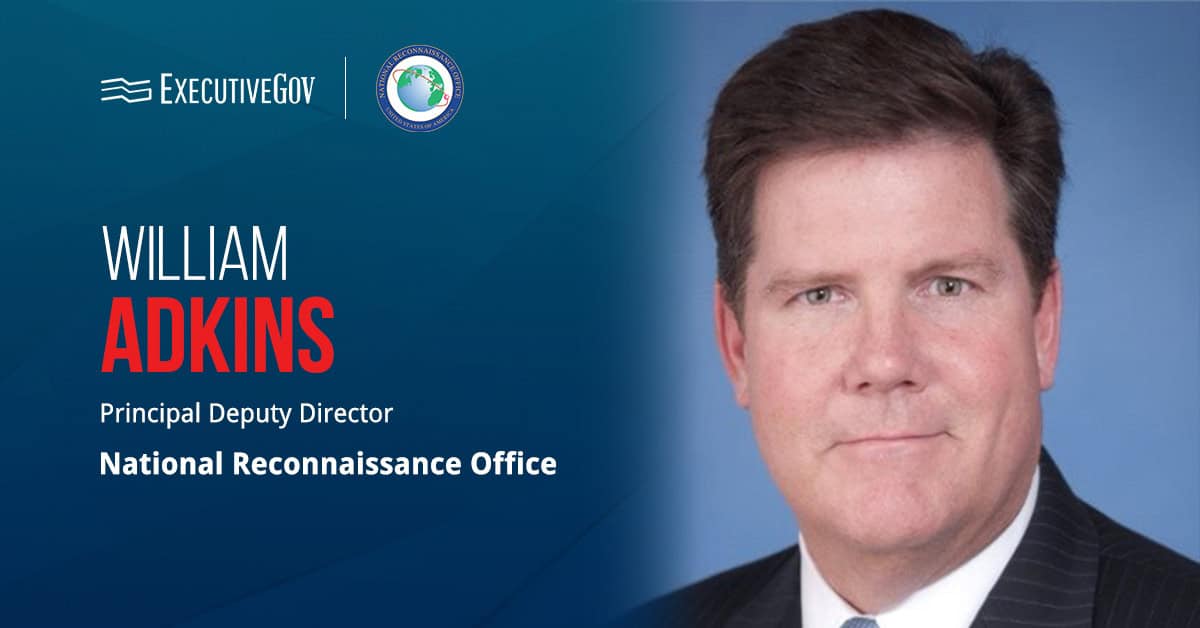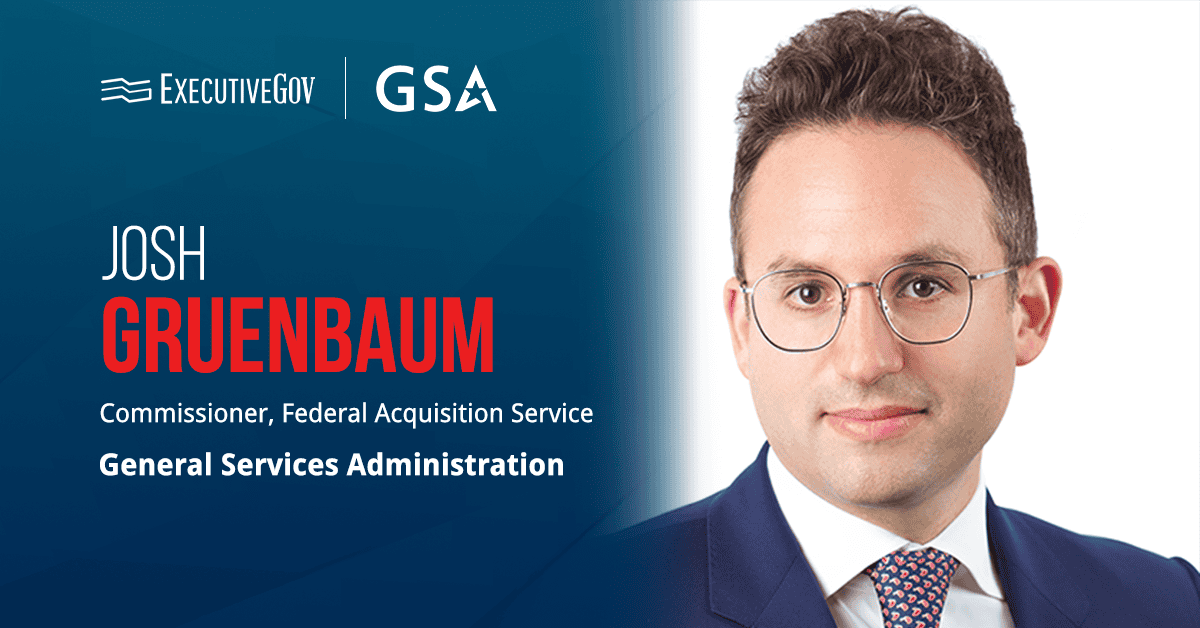
Timothy Bunning, a more than three-decade veteran at the U.S. Air Force Research Laboratory, has been named chief technology officer with responsibility over the Air Force’s $2.8 billion science and technology program.
The Air Force said Monday that Bunning will serve as the representative for the military branch's scientists and engineers as part of his new role.
He will also serve as the primary adviser to the AFRL commander and manage collaborations with industry and academic partners as well as AFRL’s nine technology directorates encompassing 6,000 personnel.
Bunning joined AFRL in 1990 as a Ph.D. student under the Air Force’s scientific research fellowship program. He has since conducted a range of studies on areas such as optical sensing, soft matter and laser beam control.
He holds 18 patents and is an adjunct professor at the Georgia Institute of Technology.





